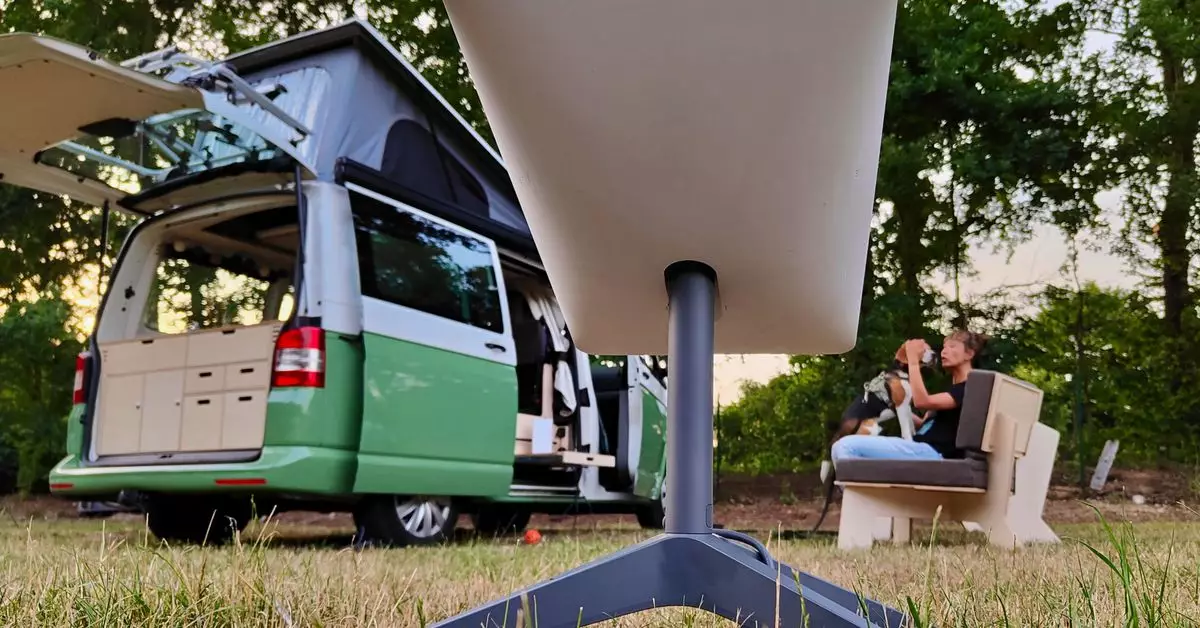In an era characterized by an insatiable demand for connectivity, the European Union has taken a significant step toward bolstering its satellite communication capabilities with the IRIS² initiative. This constellation of 290 communication satellites, destined for both medium and low-earth orbit, aims to offer secure and high-speed internet access for governmental entities, private sectors, and European citizens alike. Valued at approximately €10.6 billion (roughly $11 billion), the endeavor is heralded as a response to the growing need for reliable internet, particularly in underserved regions, marking a critical advancement toward digital inclusion.
The implementation of the IRIS² project represents a collaborative achievement among a consortium known as SpaceRISE, which comprises notable European satellite operators such as SES, Eutelsat, and Hispasat, alongside aerospace giants like Airbus and telecommunications leader Deutsche Telekom. The 12-year concession contract allows this consortium to engineer, deploy, and manage the communications framework. The acronym IRIS² stands for Infrastructure for Resilience, Interconnectivity, and Security by Satellite, encapsulating the project’s ambition to enhance Europe’s critical infrastructures through an integrated approach to satellite technology.
Henna Virkkunen, serving as Executive Vice-President for Tech Sovereignty, Security, and Democracy, emphasizes the strategic importance of this initiative. She stated that by leveraging the innovative capacity of the public-private partnership, the IRIS² project not only aims to connect remote areas but also strengthens Europe’s independence in technological arenas. This aspect is increasingly vital in an age where reliance on foreign satellite systems can pose risks to national security. The initiative is framed as a proactive measure to safeguard Europe’s digital infrastructure and operational autonomy.
The launch of the IRIS² constellation also arrives against a backdrop of intensified competition in the realm of satellite internet. Jessica Rosenworcel, chair of the Federal Communications Commission (FCC), has publicly expressed the need for more competitors in the space occupied by Elon Musk’s Starlink. Since its inception in 2018, Starlink has successfully deployed thousands of satellites, which raises concerns over monopolistic practices and their implications for consumers and businesses alike. The emergence of the IRIS² initiative, therefore, can be viewed as a strategic maneuver to promote a more diverse and competitive environment in the global satellite internet market.
Slated to become operational by 2030, the IRIS² project symbolizes Europe’s commitment to enhancing connectivity beyond urban centers and into remote and rural communities. By focusing on digital inclusion and operational independence, the EU positions itself not just as a participant but as a leader in the future of satellite communications. As Europe strides forward with the IRIS² initiative, it sets a precedent for innovative public-private cooperation aimed at meeting the evolving digital needs of its citizens, ultimately paving the way for a more connected and resilient Europe.

